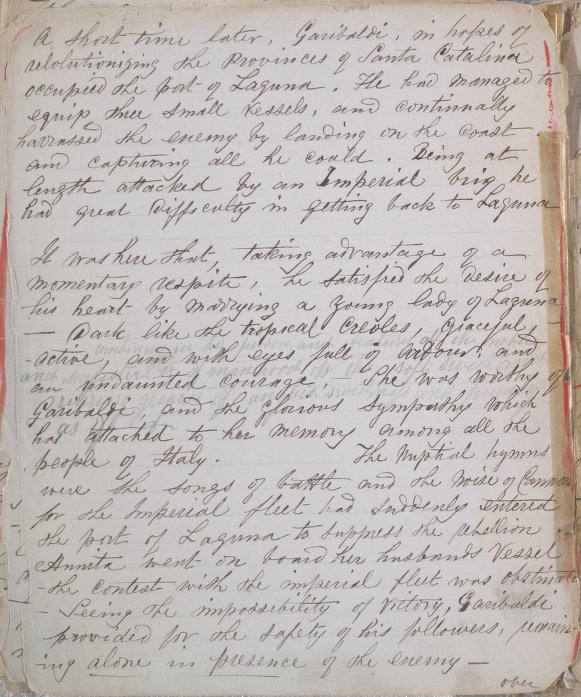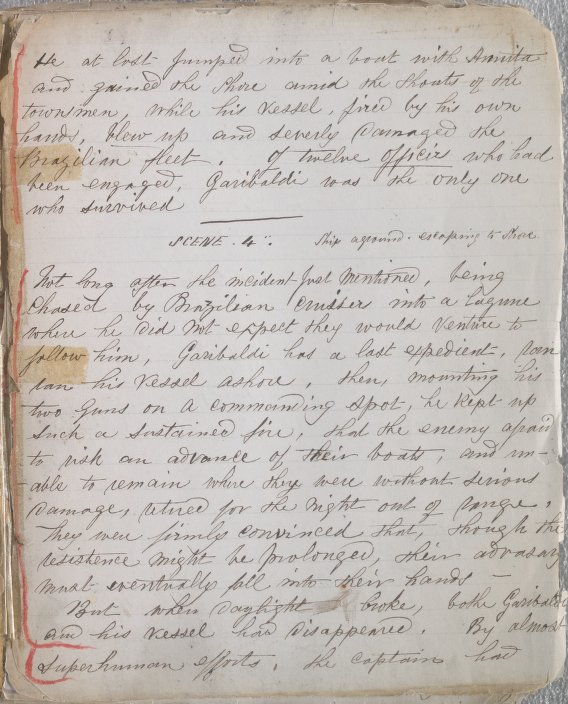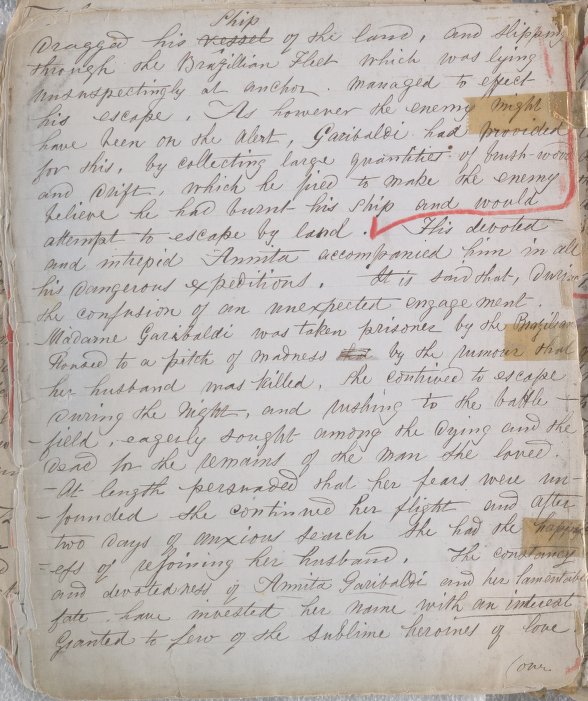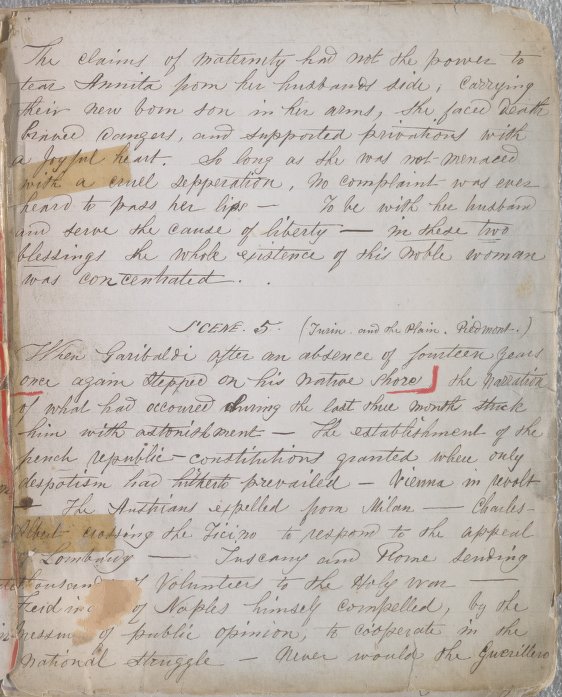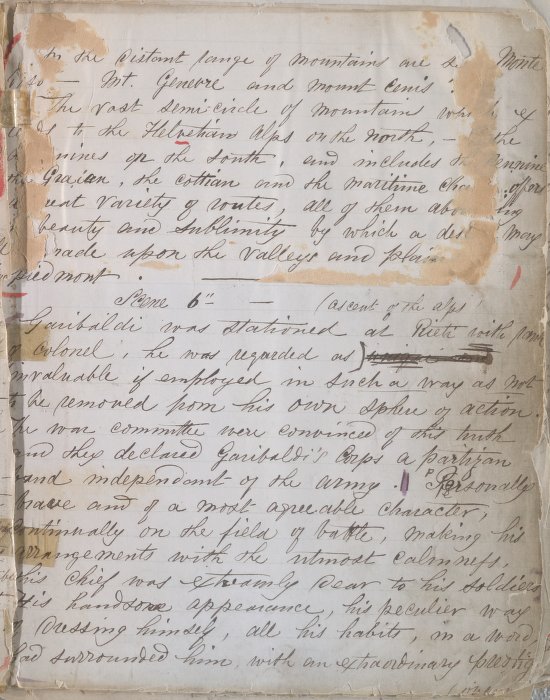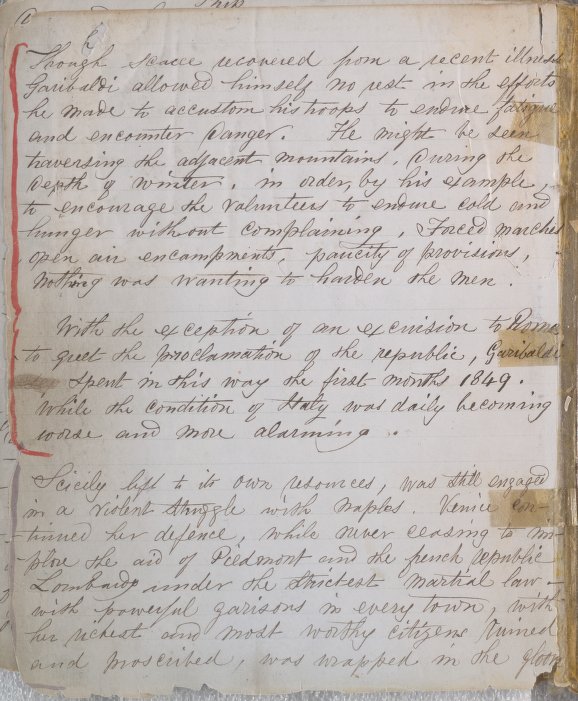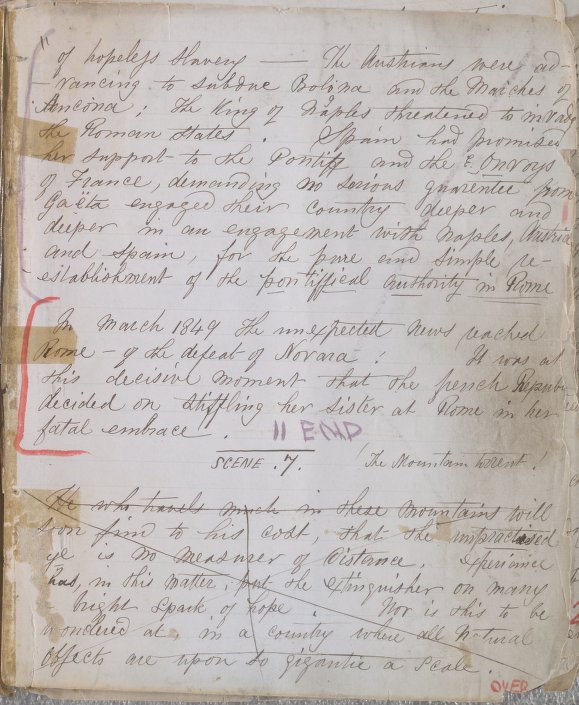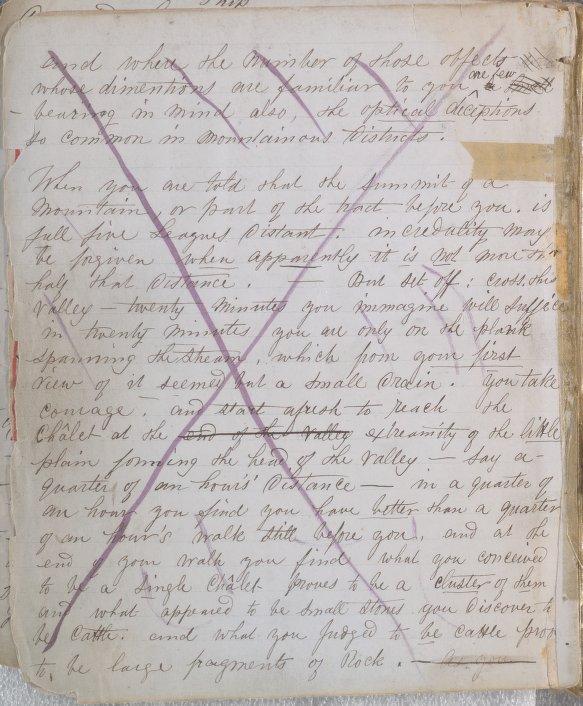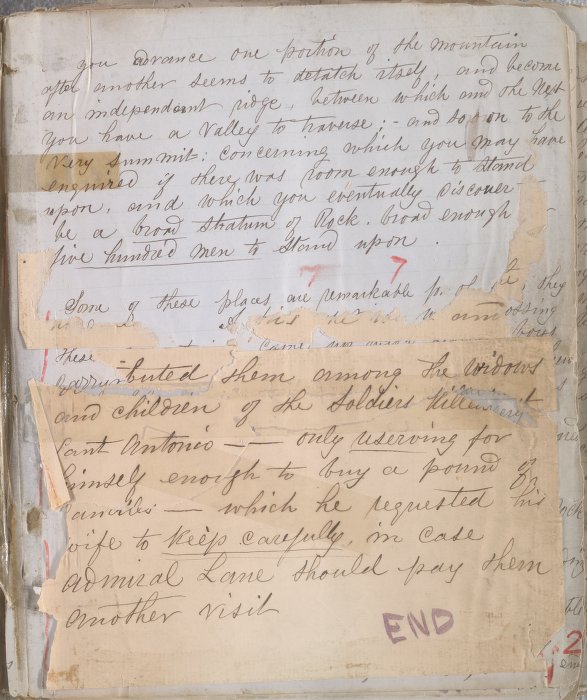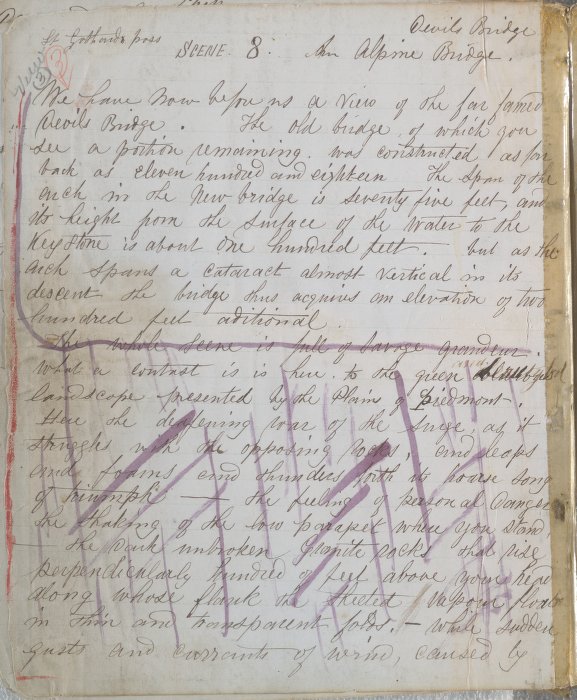Page 31
A short time later, Garibaldi, in hopes of
relolutionizing the provinces of Santa Catalina
occupied the port of Laguna. He had managed to
equip three small vessels, and continually
harrassed the enemy by landing on the coast
and capturing all he could. Being at
length attacked by an Imperial brig he
had great difficulty in getting back to Laguna
(.)
It was here that, taking advantage of a
momentary respite, he satisfied the desire of
his heart by marrying a young lady of Laguna
(.)
—Dark like the tropical Creoles, graceful,—
active, and with eyes full of ardour, and
an undaunted courage, — she was worthy of
Garibaldi, and the glorious sympathy which
has attached to her memory among all the
people of Italy. The nuptial hymns
were the songs of battle and the noice of Cannon
for the Imperial fleet had suddenly entered
the port of Laguna to suppress the rebellion.
Annita went on board her husband's vessel
—the contest with the imperial fleet was obstinate
—seeing the impossibility of victory, Garibaldi
provided for the safety of his followers, remain
ing alone in presence of the enemy —

